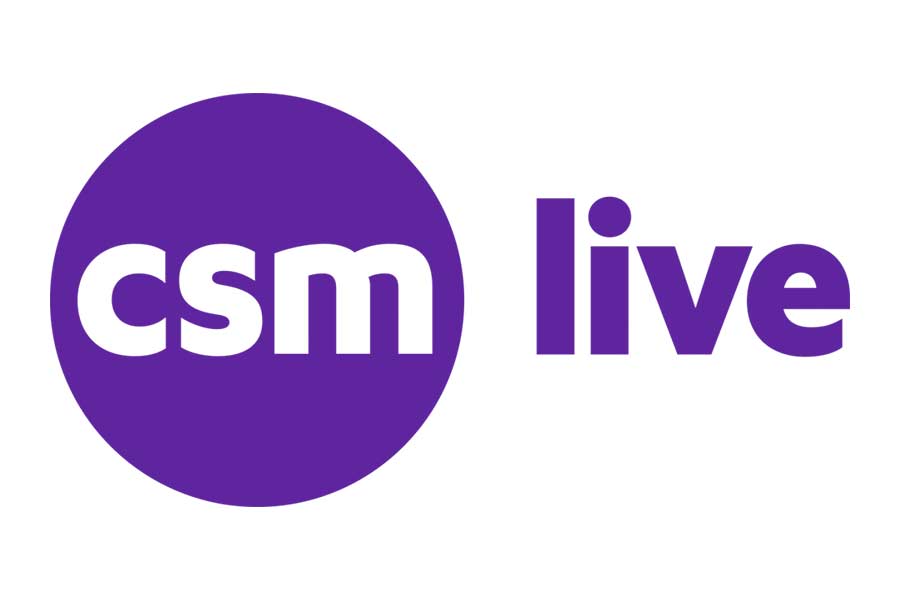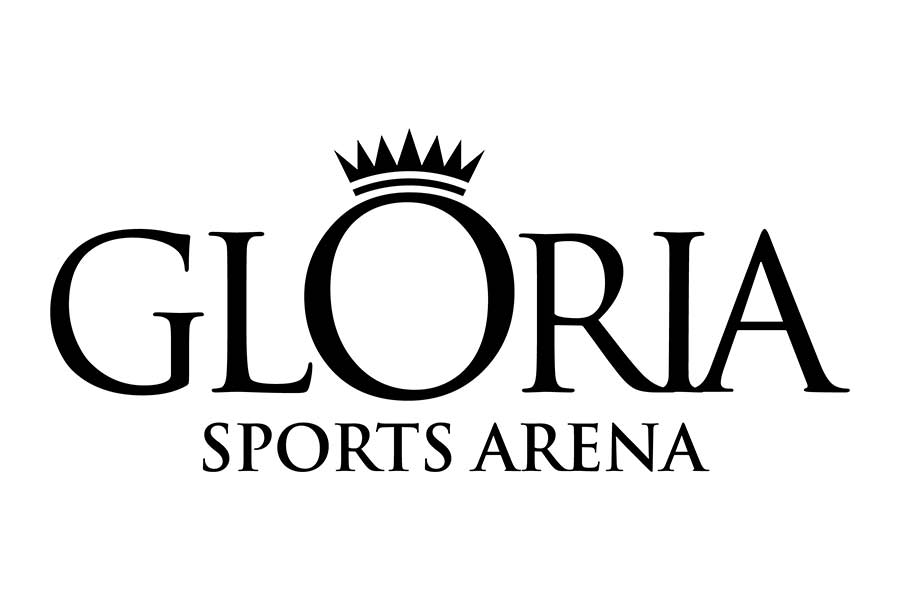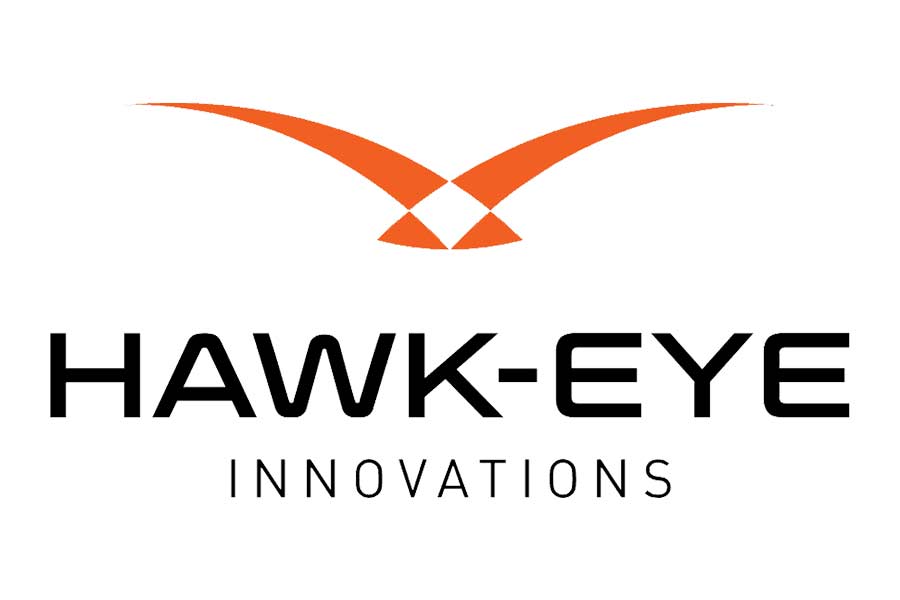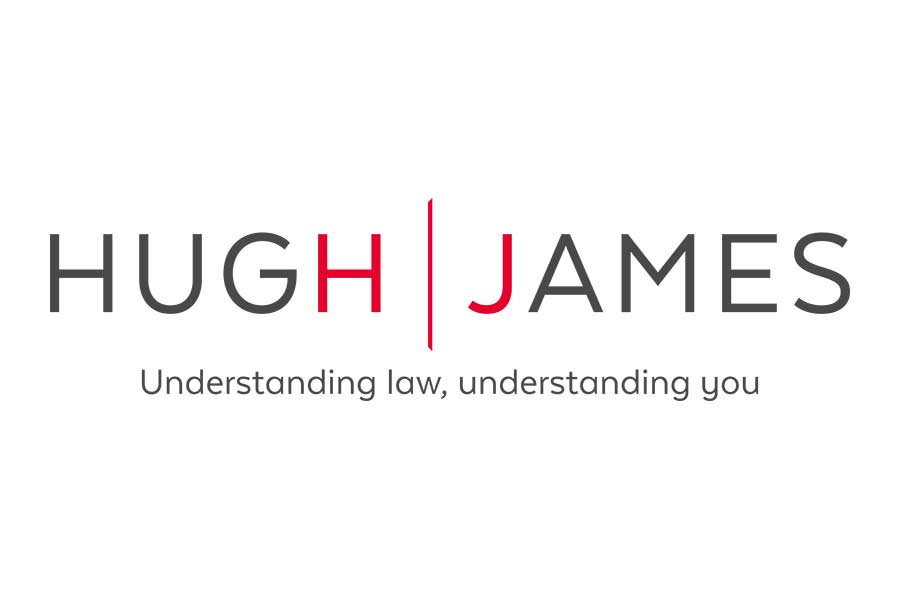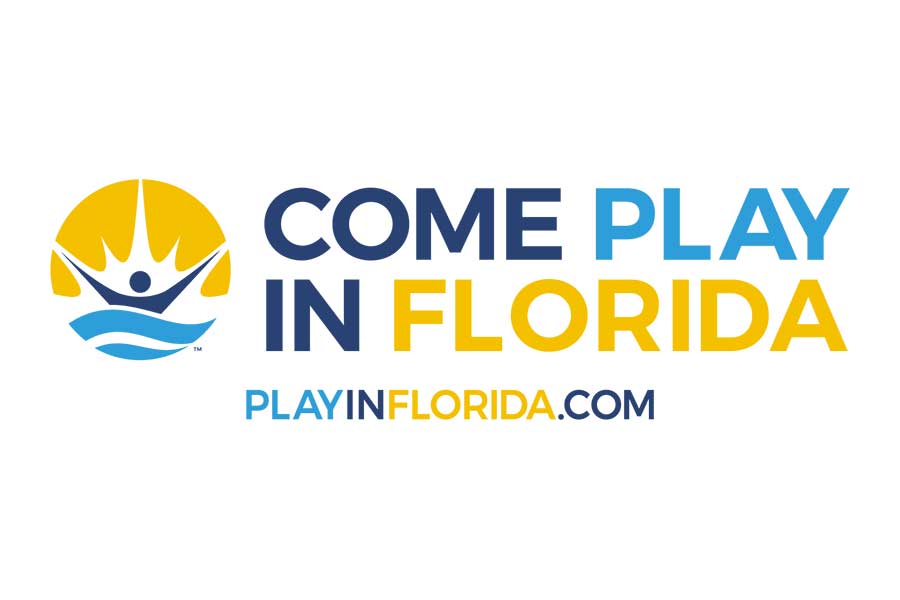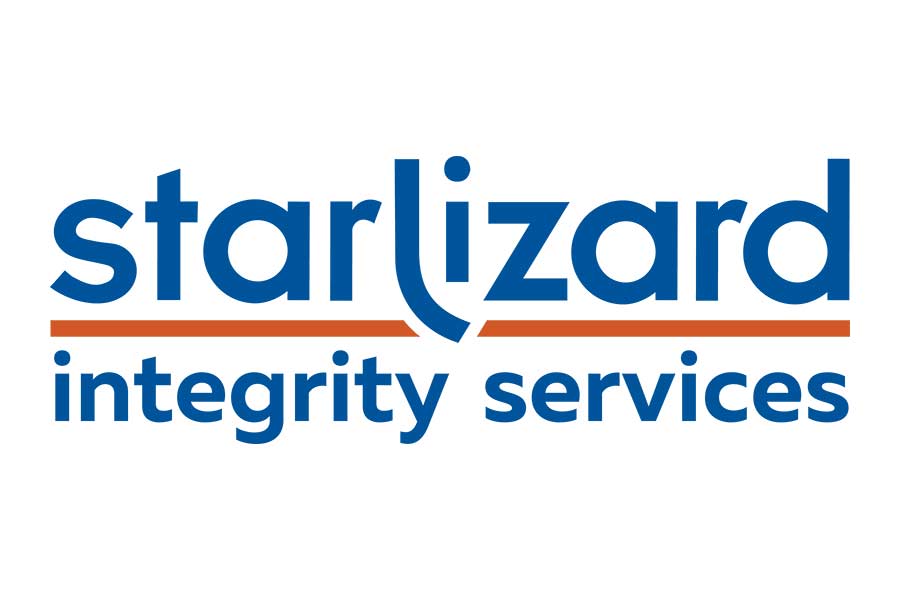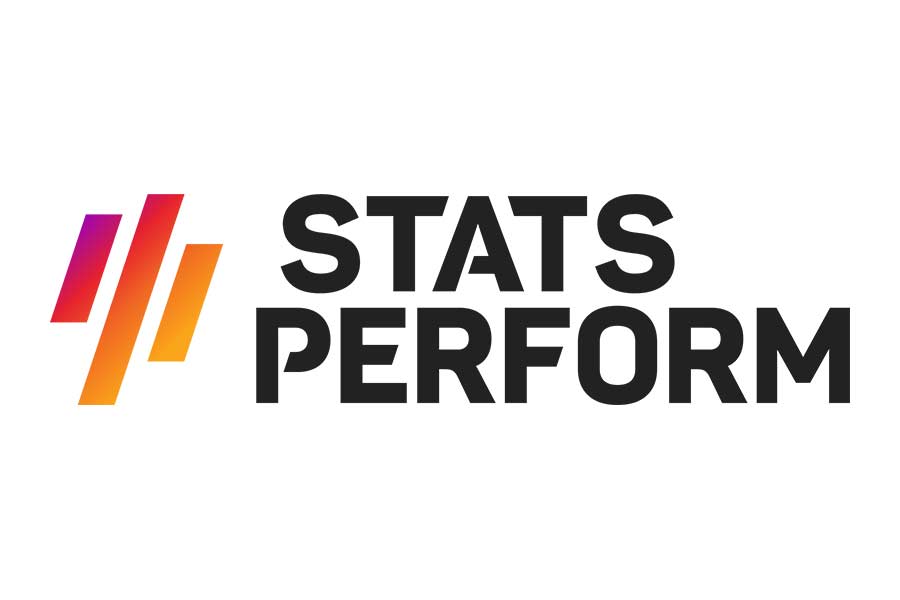Keith Bruce began the session by pointing out that all of the panel are in the business of attracting sport to their businesses. His company represents F1 Experiences, which was created on the model of enabling corporates to see and experience Formula 1. After F1’s change of ownership, the series was still largely misunderstood, especially in USA and China. F1 Experiences was launched to attract spectators to races and see them from a completely different perspective.
Bruce said: “It’s been a labour of love to see Formula 1 grow under the new leadership. What we want you to do is experience Formula 1. We have access to the paddock, the pit lane, the places that premium fans want to visit. We have fans that save up all year to bring their families to that experience.”
Gorkem Donmez said that G;loria’s story started 25 years ago: “Our owner decided to invest in the business because of the location and climate, with more than 300 days of sunshine. We were one of the hotels that had a golf course in our region. Then we decided to invest in football fields for winter training and right now there are more than 160 football fields for winter training camps.
“We decided to invest in sports because there was potential for business. Now we are hosting athletes from many countries that win many medals. We are a private company and all the investment was private. Of course, it’s difficult to represent our region with just one complex. Some of our competitors are trying to act as sport destination. It looks like soon Antalya will be popular for sports tourism.”
Kamel Badawy said that Aspire Zone has succeeded in becoming a sports destination, not only for football but sports in general: “Sports and athletes need a place to enjoy sunny weather at their training camp, which is secure and which has entertainment on board. We have hotels, shopping malls, entertainment attractions, a park where athletes can enjoy the nice weather. It is a very rare case that athletes and teams come only once. Bayern Munich have been coming for nine years. The location is also important, along with a strong air carrier. You also need governing bodies that are responsible for bringing sports business to the country.”
Liese Abili said that community outreach is a very important part of attracting events to the Florida region. The foundation has a programme that aims to get everyone involved in sport, regardless of age, gender, race or sexual orientation.
Tim Ramsberger said that the pandemic means that “we have to quickly understand what adaptation means. If a community doesn’t line up with us, then that event probably won’t happen. We are primarily a club sport, a collection of racers who pay fees to enter. We’re unique also in that we are a sanctioning body and a promoter of three of our events. We also own the TV rights to all of our events in the US. We can look at all aspects of what our event could mean for a community. We probably provide the safest event for marine life at our events that we get all year. We don’t race if there are animals in the water. We can help communities with marine safety.”
Bruce said that the pandemic represented “trial by fire. Our world completely disappeared for 15 months. You have to keep your fans engaged. Technology was the great connector for us to engage with fans when we couldn’t see them in a live environment. We took the opportunity to host new races when we came back. We created a product called the ‘Virtual Paddock Club’, which will live on this year even though we’re back to full attendances at races. It was sponsored by Zoom. And Zoom is now a fact of life.”
Donmez said that it wasn’t easy at first to explain Gloria’s purpose: “Right now we measure success by the number of medals we won. When we check those numbers, we believe we’re doing well: 601 medals won by ‘our’ athletes in seven years.”
Badawy said that measuring performance isn’t easy. But one measure is how many events are hosted each year, along with the level of engagement. “Also, when it comes to medical facilities, we have the number one sports medicine hospital in the world. It’s about the next step and how you improve. Covid gave us a lot of aspects in terms of digitalisation and how you engage with the fan when you’re not face to face. At the World Cup we will use these venues whether for sport or other activities. We have a fully air-conditioned stadium. Even if it’s 45 degrees outside, it’s 22 degrees inside.”
Ramsberger said it is important to evaluate success with all of your stakeholders. “We’re a different economic model, the way we’re structured. We have to go to communities and get community involvement. It’s about understanding where your place is and what you bring. When you’re not at World Cup or F1 level you’ve got to show what you bring.”
Bruce said that his company has launched a programme called the F2 showcase, as it bids to extend its reach. He added: “The W Series is really interesting and we’re working with them now to try to work out what the opportunity is. The core fan is critical. They grew up with F1, the golden era of the 90s. We want to bring them back to see F1 in a new way, in a new light. F1 attracts everyone from backpackers to billionaires.”


